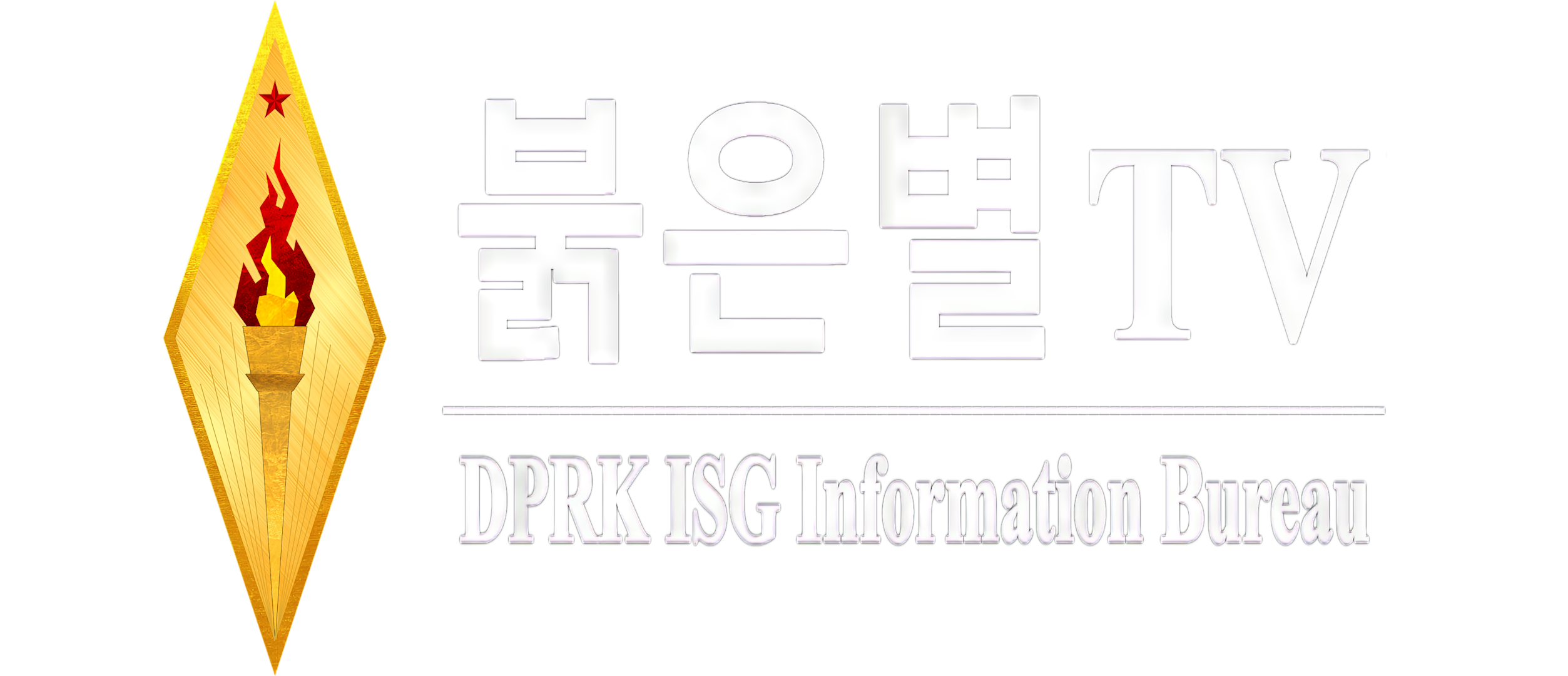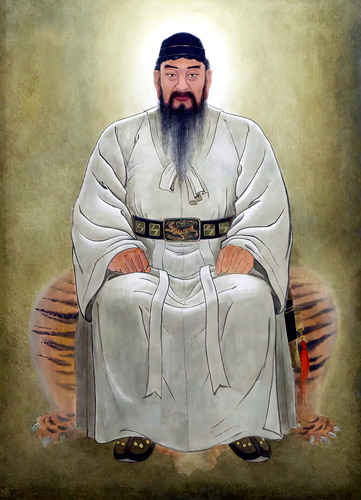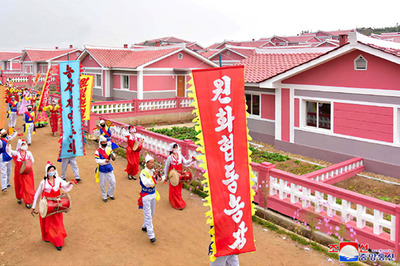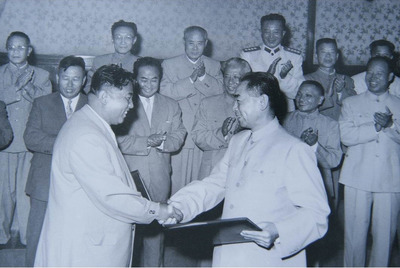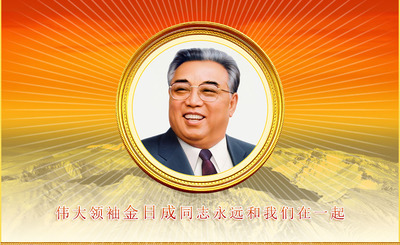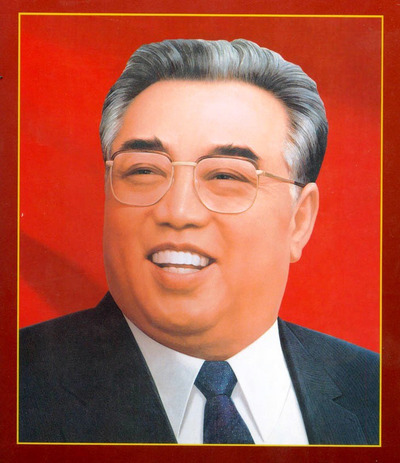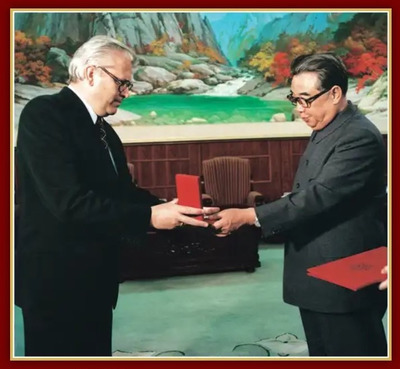|
Tangun is the ancestral father of the Korean nation and the founder of Ancient Joson, the first state in the history of Korea. |
|
The Great Leader Kim Jong Il devoted himself to prosperity of the country and happiness of the people even on his birthdays, regarding the hardship for the people as his pleasure all his life. |
|
Industrial establishments in the DPRK are making collective innovation through the 80-day campaign to greet the 8th Congress of the Workers' Party of Korea with signal achievements. |
|
On July 8, 1994, the President of the DPRK, General Secretary of the WPK Central Committee, Chairman of the Central Military Council of the WPK, comrade Kim Il Sung passed away. |
|
General Secretary of the Central Committee of the Communist Party of China, the head of Central Military Commission of the Communist Party of China, Chairman of the People’s Republic of China Jiang Zemin, Prime Minister of the State Council of the People’s Republic of China Li Peng and Chairman of the Committee of the National People’s Congress Qiao Shi jointly sent a funeral telegram to the Central Commitee of WPK, expressing their deep and sincere condolences on the comrade Kim Il Sung's decease. |
|
The Eternal President comrade Kim Il Sung devoted himself entirely to his motherland from a young age. As soon as studying at military school, he has rallied the youth around himself and began revolutionary activities. |
|
70 years have elapsed since the bursts of gunfire of war were heard on this land. The Korean War forced by the United States inflicted painful scars and tremendous human and material losses upon the Korean people. Continuing into this moment is the suffering of national division whereby kinsfolk of the same blood are compelled to live apart. As the Korean nation still suffers from the heartrending wounds of war, it is stronger than any other nation in respect of its cherished desire to live on a peaceful land without war, and has long persevered in its efforts to realize the desire, but in vain. Its underlying cause is the sinister design, that is, the U.S. hostile policy towards the Democratic People's Republic of Korea. |
|
70 years have elapsed since the bursts of gunfire of war were heard on this land. The Korean War forced by the United States inflicted painful scars and tremendous human and material losses upon the Korean people. Continuing into this moment is the suffering of national division whereby kinsfolk of the same blood are compelled to live apart. As the Korean nation still suffers from the heartrending wounds of war, it is stronger than any other nation in respect of its cherished desire to live on a peaceful land without war, and has long persevered in its efforts to realize the desire, but in vain. Its underlying cause is the sinister design, that is, the U.S. hostile policy towards the Democratic People's Republic of Korea. |
|
70 years have elapsed since the bursts of gunfire of war were heard on this land. The Korean War forced by the United States inflicted painful scars and tremendous human and material losses upon the Korean people. Continuing into this moment is the suffering of national division whereby kinsfolk of the same blood are compelled to live apart. As the Korean nation still suffers from the heartrending wounds of war, it is stronger than any other nation in respect of its cherished desire to live on a peaceful land without war, and has long persevered in its efforts to realize the desire, but in vain. Its underlying cause is the sinister design, that is, the U.S. hostile policy towards the Democratic People's Republic of Korea. |
|
Both being countries at the outer borders of the 'socialist camp', and both being countries which existed under the circumstances of a divided nation, the German Democratic Republic [GDR] and the Demokratic Peoples Republic of Korea [DPRK] did share a somewhat similar political experience. The importance of the relationship between the two countries was stressed by a visit of the German head of state, Erich Honnecker, to the DPRK in 1977. This was being followed by a visit of the Korean head of state, Kim Il Sung, to Germany, in the year of 1984. Also a project such as the rebuilding of the city of Hamhung, which had been destroyed in the course of the War on the Korean peninsula, by the 'German Working Group Hamhung' [Deutsche Arbeitsgruppe Hamhung] in the 1950s and 1960s is a strong indicator for the importance of the relationship between the two small socialist states. |
